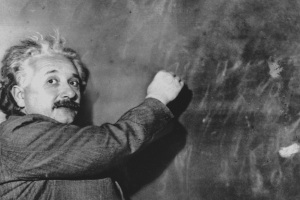Dieser Beitrag ist auch verfügbar auf:
Deutsch


Overwhelming charm, self-confident demeanor, strategic thinking - studies have shown that all of these characteristics are particularly pronounced in psychopaths. And that is precisely what makes them so difficult to recognize. Because they use these character traits to remain unrecognized in society.

Using brain scans, researchers were also able to determine that psychopaths can fake emotions but cannot actually feel them. This makes them almost inscrutable to those around them. According to psychologists, one in a hundred people is a psychopath.
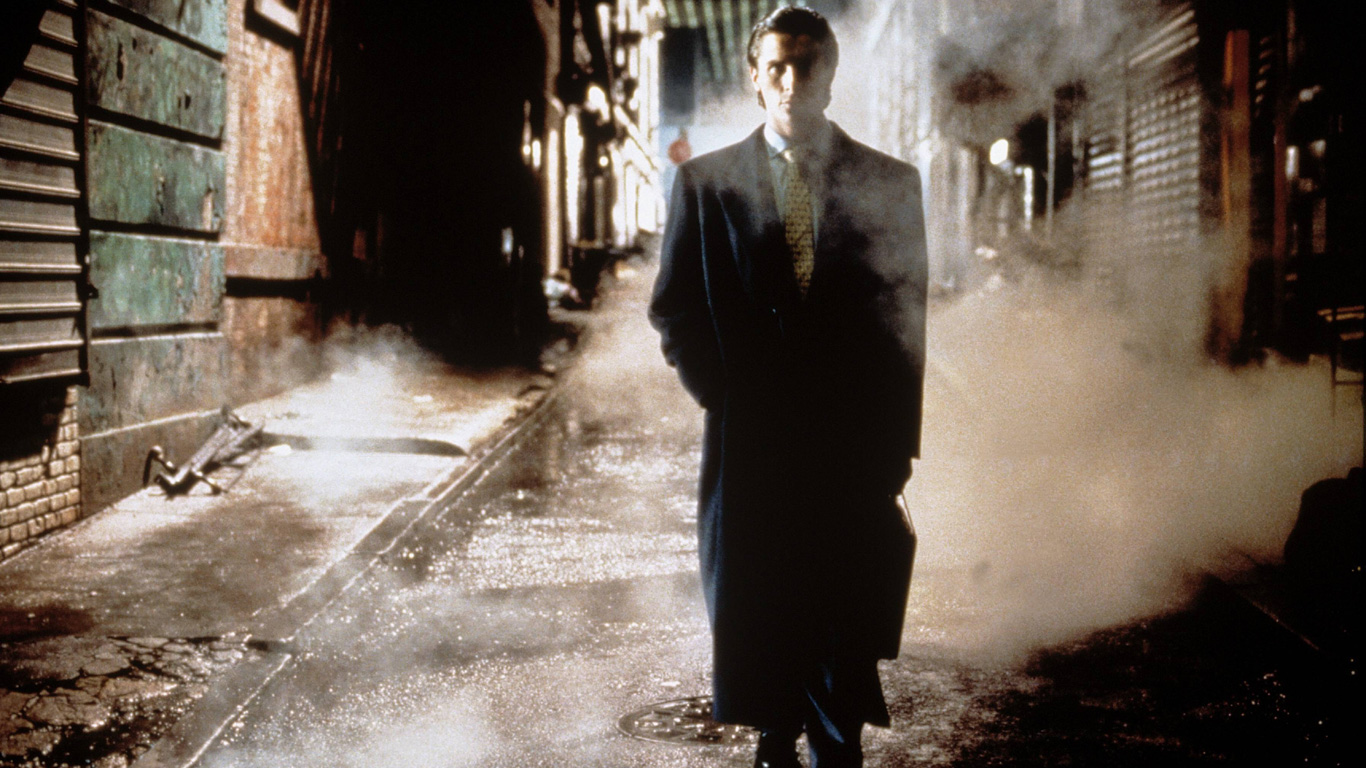
All psychopaths have one thing in common: a cluster of seven characteristics makes them ice-cold hotshots - like serial killer Patrick Bateman, the main character in the thriller "American Psycho" (pictured here with actor Christian Bale in the 2000 film version). Psychologist Kevin Dutton calls these traits the "Seven Deadly Wins. They are expressed to varying degrees in every psychopath. The combination of these traits ultimately determines how a psychopath behaves. The following seven men possess all of these traits - with one particularly strong in each of their personalities...
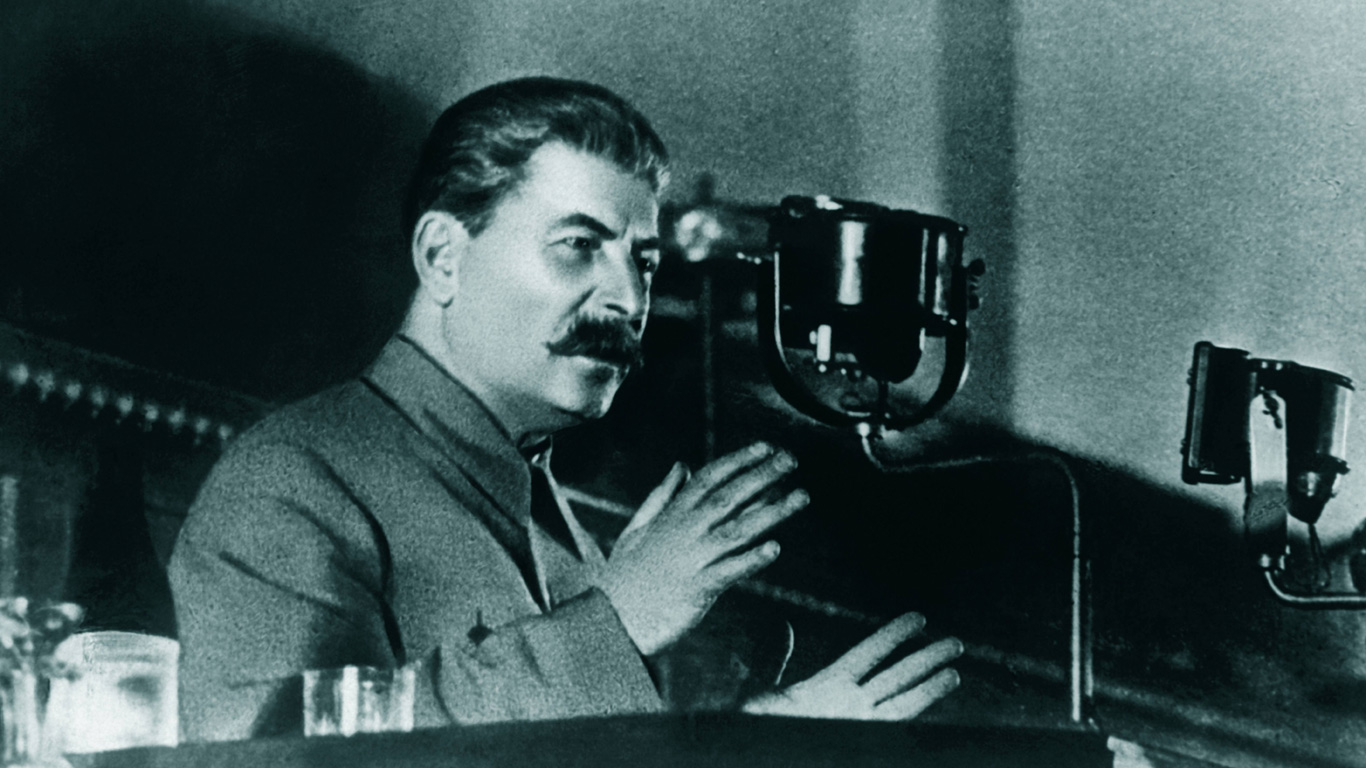
Deadly Trait No. 1: ruthlessness
Studies have shown that psychopaths do not feel emotions such as pity or remorse - and are therefore never plagued by a guilty conscience. This explains why a psychopath can betray or murder other people without hesitation. His focus is solely on his own interests. A psychopath in contemporary history in whom this trait was particularly pronounced is the Soviet dictator Josef Stalin: When he was in power between 1922 and 1952, he had no qualms about sacrificing his own people for his ideals. Six million people died from famine alone as a result of Stalin's agricultural policy. Until his death, he showed neither pity nor remorse.
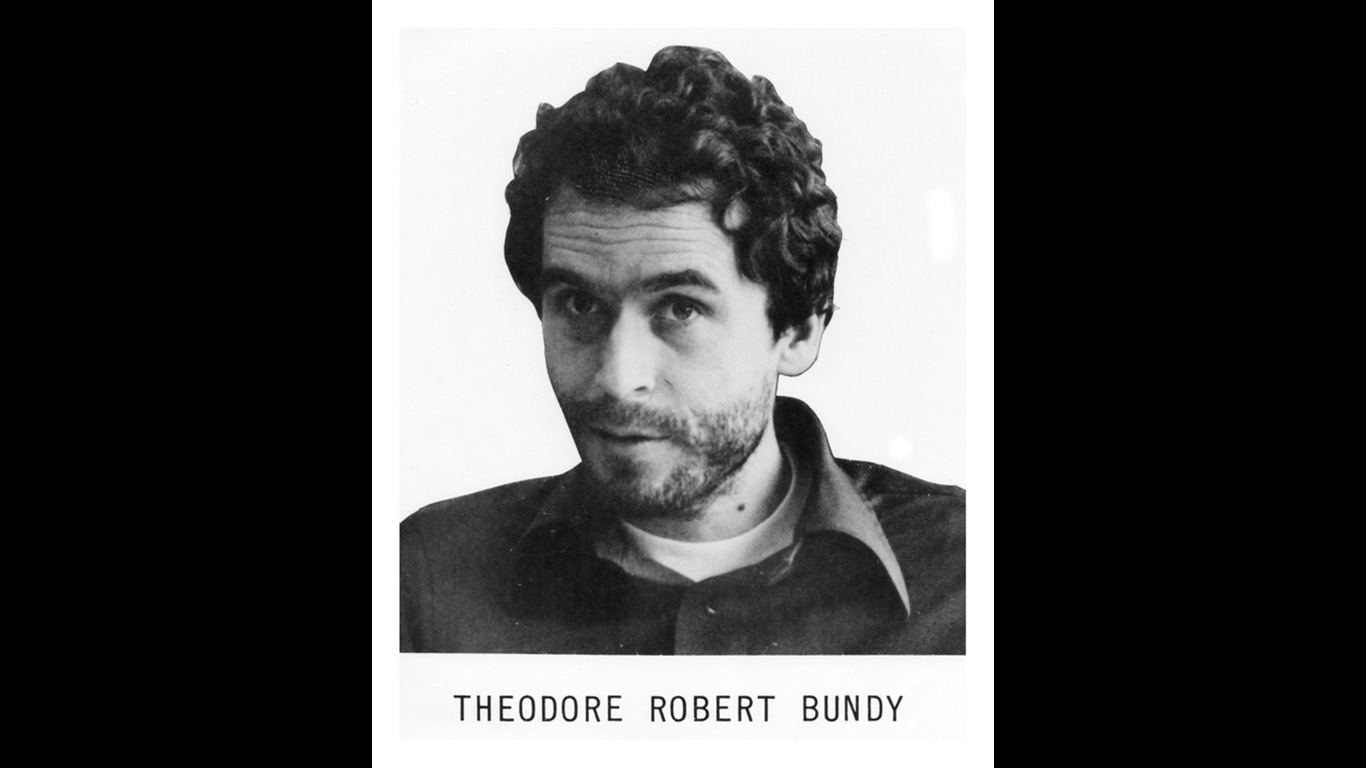
Deadly Trait No. 2: charm
They hide their icy nature behind a perfectly woven curtain of charm. If you meet a psychopath, you usually don't notice. The reason: They appear understanding, kind, and sincere. It's only when the masquerade fails, or when the psychopath has achieved their goal, that their true self is revealed. One psychopath who perfected this trait is the US serial killer Ted Bundy: He is intelligent, handsome, and plays the perfect gentleman. But as soon as he is alone with his victims, he stops complimenting them. He rapes and murders them. Bundy had killed between 35 and 60 women and girls when he was arrested in 1978.

Deadly Trait No. 3: focus
A psychopath's attention is like a powerful microscope. When completing a task, their brains are able to tune out any other factors that might distract or disturb them. This ability gives psychopaths an extraordinary ability to focus, which only fades once they have achieved their goal. An example is the psychopath Harold Shipman: His ability to keep an eye on every detail enabled the British doctor to kill people with heroin or morphine overdoses for 28 years without being noticed by investigators, without the investigators finding any evidence of his actions. He was not caught until 1998. By that time, he had murdered 250 patients.
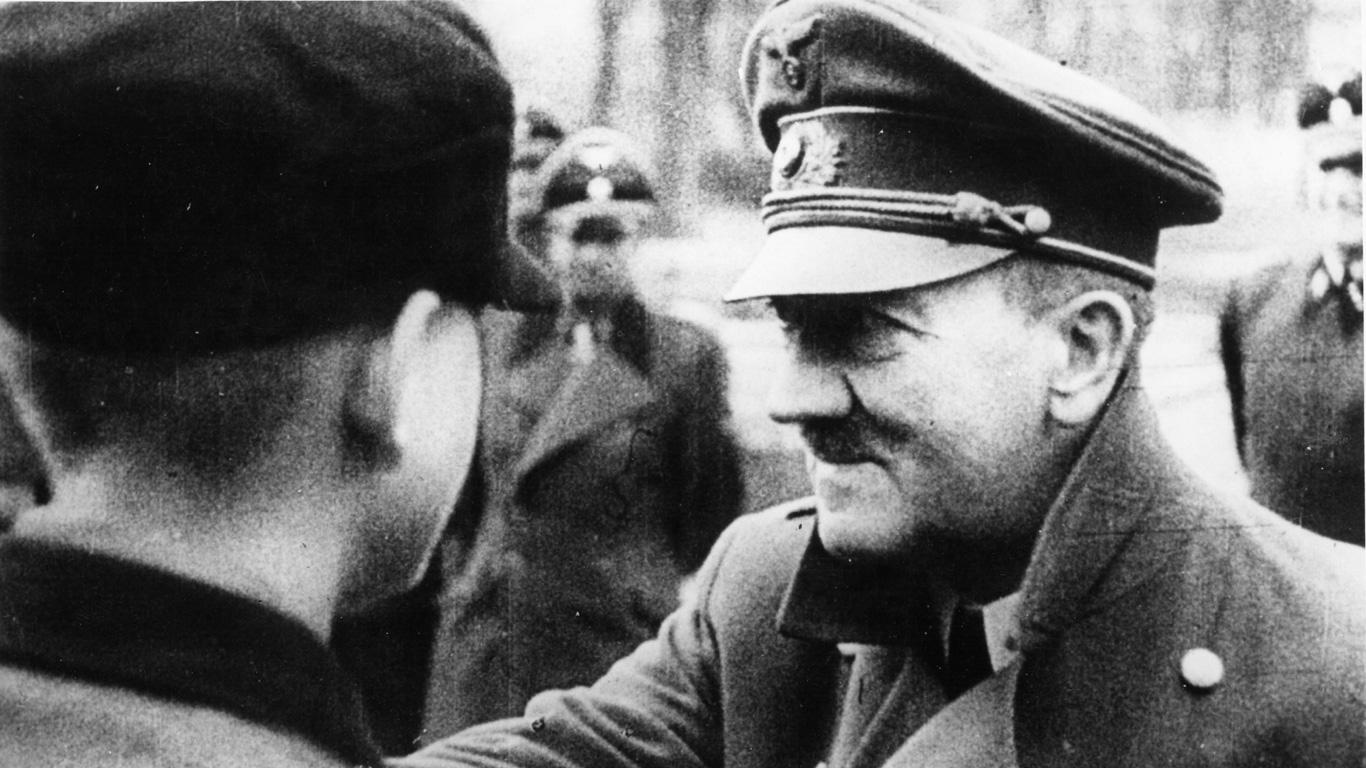
Deadly Trait No. 4: resilience
Psychopaths are never afraid, whether they are being tortured or standing on the edge of an abyss. Their brains don't even perceive danger as such. This makes psychopaths extremely stress-resistant and resilient. Thanks to this gift, they are not only immune to psychological tricks or threats from their enemies, but also extremely optimistic. A prime example of this trait is the psychopathic dictator Adolf Hitler. His extreme resilience explains why he believed so strongly in winning the Second World War despite various defeats, and why he was able to manage his enormous workload of up to five speeches a day in different cities and strategic war planning.
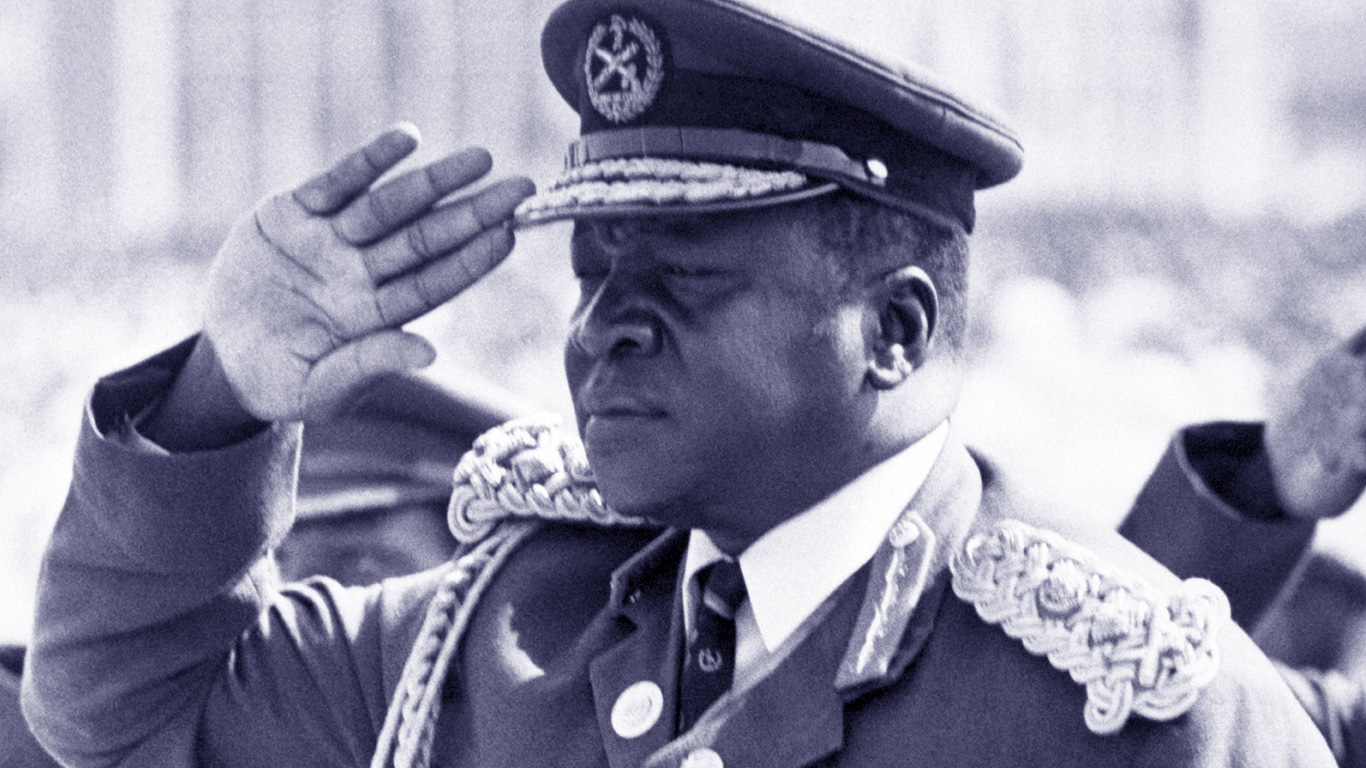
Deadly trait No. 5: confidence
Psychopaths are incredibly self-confident and express superiority with every gesture. This makes them strong leaders, especially in crisis. Instead of panicking, they appear competent. This psychopathic trait is particularly pronounced in the East African dictator Idi Amin: His position as president of Uganda was not enough for him. For example, he declared his love to the British Queen and proposed to become the King of Scotland. He ruled Uganda as a cruel tyrant from 1971 to 1979. More than 300,000 people died in torture chambers or at the hands of Amin's death squads that roamed the country.

Deadly Trait No. 6: mastery of manipulation
They can decipher the smallest gestures and easily read what other people are feeling. Psychopaths know how to use our emotions to their advantage. Although they do not feel compassion, they can perfectly fake it to gain our trust. After that, psychopaths can control other people like chess pieces. The British psychopath Robert Maudsley, who inspired the book and Hollywood movie "The Silence of the Lambs," is considered extremely manipulative. After being imprisoned for murder in 1974, despite his now infamous reputation as a cold-blooded killer, he managed to lure an inmate into his cell and murdered him. The picture shows a scene from "The Silence of the Lambs" with Anthony Hopkins as the main character Hannibal Lecter, based on Robert Maudsley.
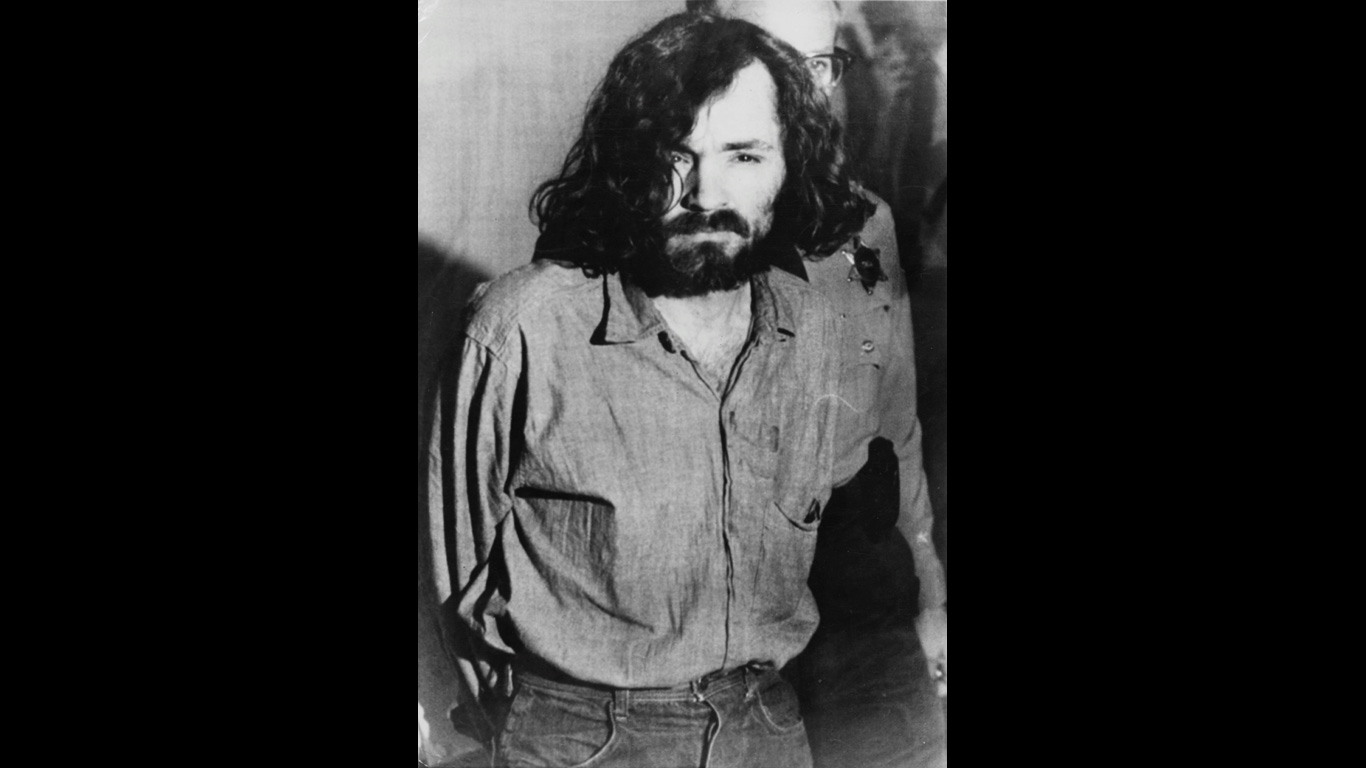
Deadly Trait No. 7: restlessness
Psychopaths get involved in every situation they encounter. Once they decide what to do, they move quickly to get it done. Nothing is worse for psychopaths than boredom. They seek variety no matter what the cost or consequences to others. An example of this is the American psychopath Charles Manson (pictured): Always looking for something new, he tried his hand at being a folk-rock musician and founded the Manson Family cult. He led its members to torture and murder. Until his death in 2017, he was in solitary confinement in the high-security wing of San Quentin (USA) - a nightmare for a psychopath hungry for constant new experiences.
For the English psychologist Kevin Dutton, unpleasant encounters with psychopaths are like a lesson in life. He visits his country’s closed institutions on a mission: Dutton wants to find out how psychopaths manage to commit half of all serious crimes – even though they make up only one percent of the population.
Why do they continue to deceive or murder normal people? The results of Dutton’s interviews with the inmates of Broadmoor are as fascinating as they are chilling: the brains of psychopaths work differently. While this puts them at some disadvantage in everyday life, the reality is more complex. In some areas of life, psychopaths are even more gifted than average.
What makes psychopaths exceptional?
You could be the surgeon who saves someone’s life – or the man who smashed that someone’s skull. “A psychopathic personality is not a question of black and white. You have to think of it more like a scale or the faders on a DJ console,” says Dutton. If all the controls are turned up to full, you’ll probably end up behind bars for thirty years. But violence is not necessarily one of the criteria for a psychopath – nor is intelligence.
However, these traits determine how a person develops. People who are psychopathic and violent often become criminals. But when intelligence is used instead of violence, many psychopaths end up in parliament or as gods in white. The controls on the psychopath’s console should only be turned up in moderation and in the right combination to have a solid and successful career.
This is when having no remorse helps
Let’s consider the British neurologist Dr. Geraghty (Editor’s note: The names of Dr. Geraghty and all inmates have been altered): Thousands of people trust him and are willing to go under his knife. There are probably only a few characteristics that distinguish him from a dangerous criminal. Geraghty is one of the best in his field, not because of his compassion, but because of his lack of emotion.
“I have no compassion for my patients. I cannot afford myself that luxury. In the operating room, I am reborn as a cold, heartless machine, in tune with scalpel, drill and saw. When you are cutting away and outsmarting death, emotions have no place. They mean insecurity and are bad for business. I have erased my emotions over the years,” he explains.
In the operating room, his brain is focused only on his task. It ruthlessly filters out fear and all other factors that could distract it. Thanks to his ability to push his emotions into the background, Geraghty’s performances are exceptional.
How do I turn off the fear in my head?
Psychopaths would have no problem approaching any supermodel. They won’t be intimidated by anyone, not because of their exceptional social skills, but because fear is a foreign word to them. Their brains are wired differently. “The brains of psychopaths filter out fear. The fear center in the amygdala is never active. This means that a psychopath does not even perceive threats as threats,” Dutton explains.
This trait gives the psychopath nerves of steel and great resilience. This makes some psychopaths ideal soldiers. When selecting its SAS special forces, the British Army goes to great lengths to test the resilience of its recruits to the limit. “You don’t break the psyche with violence itself, but with threats,” one of their instructors is quoted as saying.
Particularly popular: the truck test. He waits for the recruits when they are already physically exhausted. Then the instructors tie up a soldier and place him in front of a truck. They blindfold him. The truck slowly moves forward until the engine is only centimeters away from the soldier’s ear. The noise is just the beginning: the driver jumps out and starts the engine.
Someone in the distance asks if the driver has pulled the handbrake. Now another instructor presses a spare tire to the recruit’s temple – the pressure is increasing. “After a few seconds, we take the tire away, pull off the eye shield and shout at them. At this point, many give up,” explains the instructor.
No fear of anything
Such stress tests are a joke to psychopaths. When Dutton visits the maximum-security Broadmoor prison, the inmates explain why: “It’s got nothing to do with courage. If you’re never afraid, you don’t have to be brave, right? The way I understand fear – and to be honest, I’ve never been afraid – is that it’s usually unfounded anyway. The truck stunt is just a mind game,” says psychopath Leslie.
His tip for everyday life: “Stop your brain from rushing into future scenarios. If you do that, you will gain courage.” Danny, another Broadmoor inmate, has another tip: “The next time you’re really scared, ask yourself: What would I do if I didn’t feel this way? And then just do it.
A psychopath’s motto: “Just do it!”
One example: Almost everyone wants a raise. “But very few people have the courage to ask for it,” says Dutton. “Many people are afraid of what their boss will think or what their colleagues will think of them,” he continues. A psychopath focuses on the positive consequences of the raise.
This makes him more confident and persuasive when he talks to his boss. The result: In all likelihood, he leaves the room with more money than his colleagues. The psychopath doesn’t care what they think of him – his motto is: “Just do it.” This mentality gives psychopaths another advantage: they never procrastinate and therefore work more effectively.
A look into a psychopath’s brain
Researchers at the University of Tübingen have even found a way to make stress training and psychological tricks unnecessary. Using so-called TMS technology, they can give anyone the nerves of steel of a psychopath.
TMS – transcranial magnetic stimulation – works like a light dimmer.
It can inhibit electrical signals in certain areas of the brain. “The emotional center, the amygdala, is crucial to the psychopath experiment,” Dutton points out. TMS literally turns it off, and with it, our fear. The drawback: The effect lasts only about half an hour.



